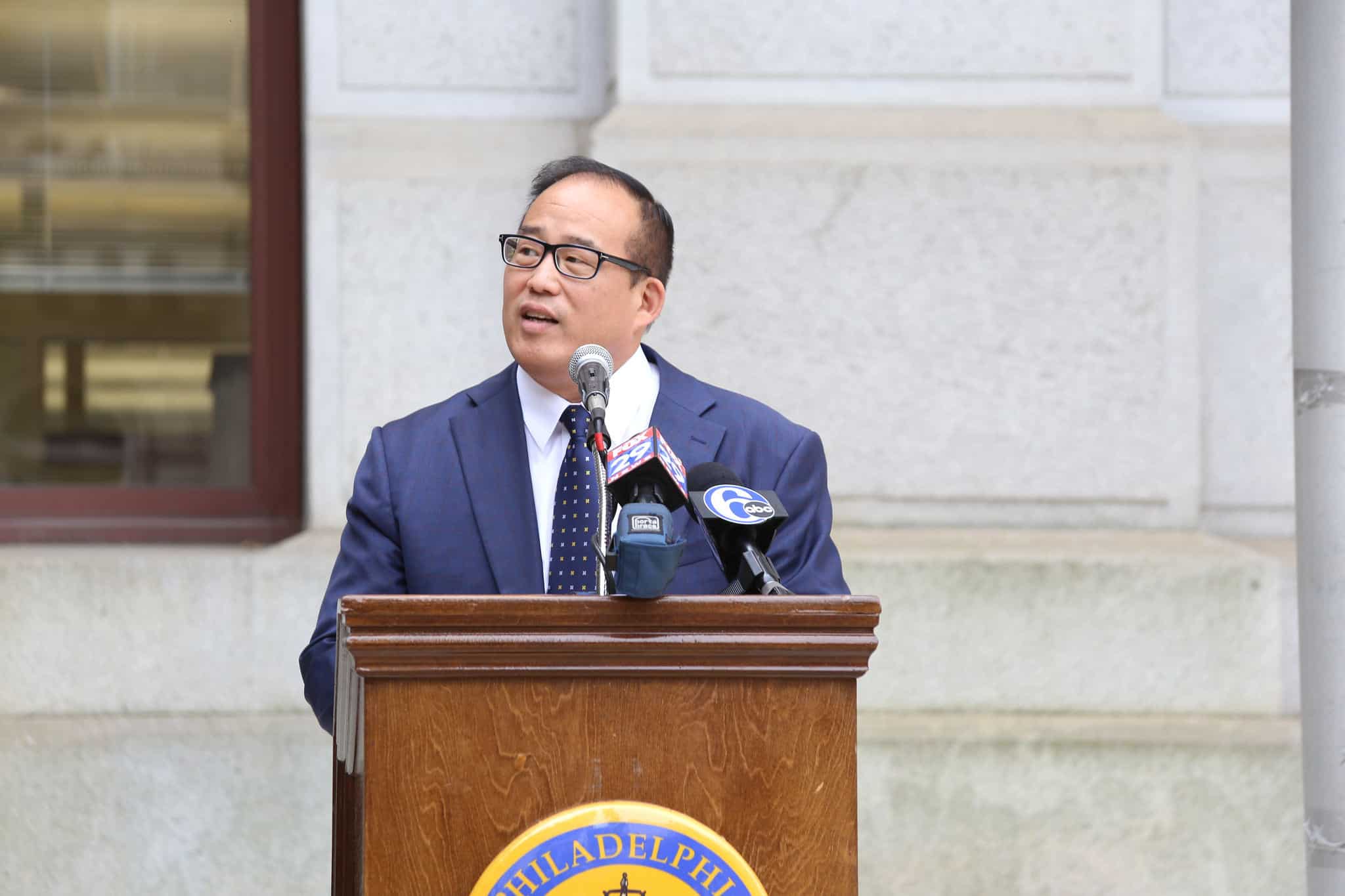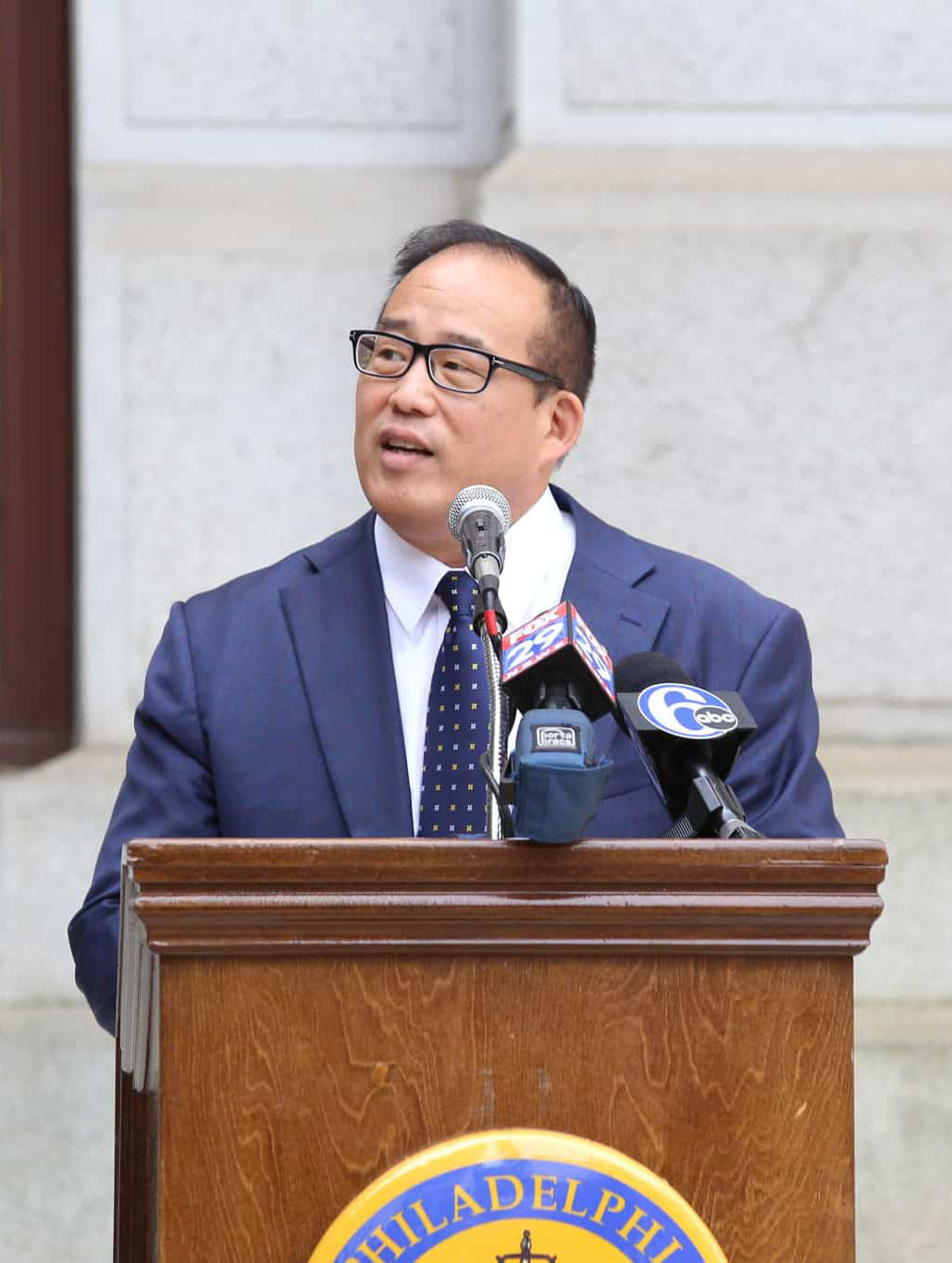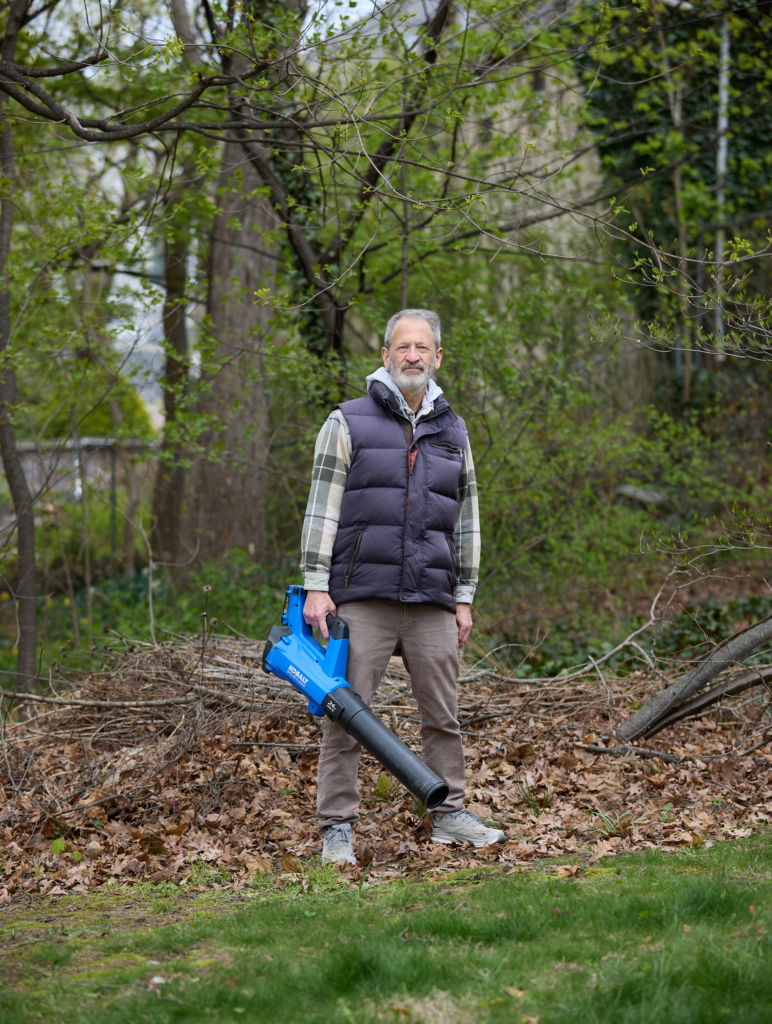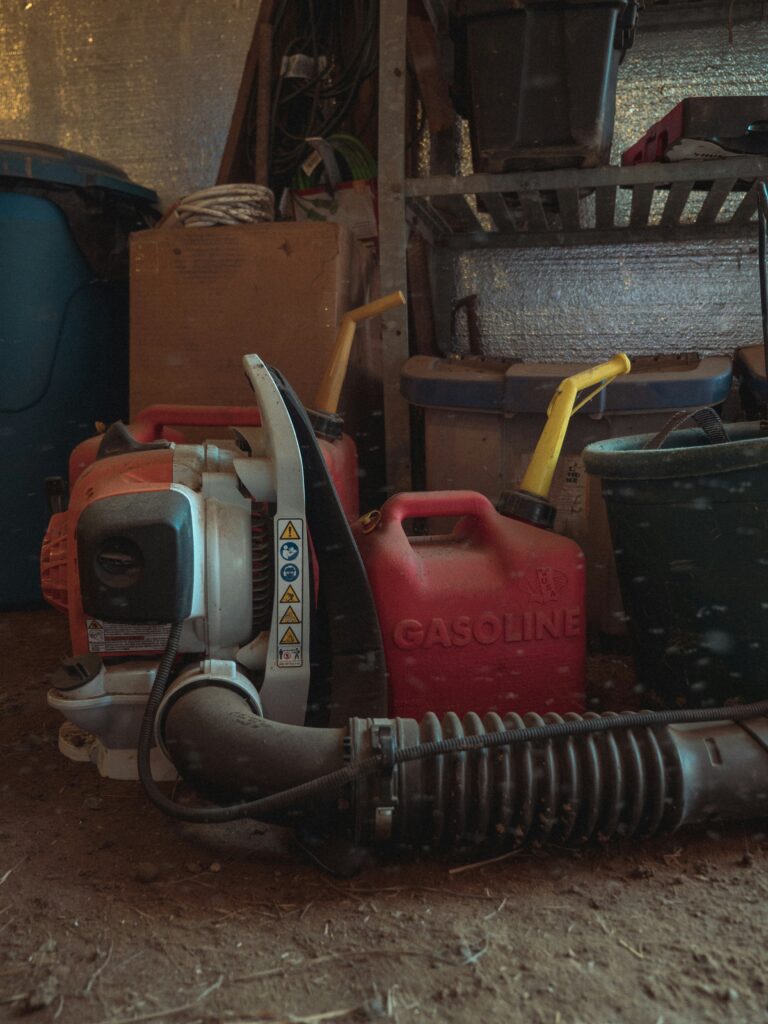David Oh served as at-large City Councilmember (Republican) from 2012 to 2023, when he resigned to run for mayor. Oh worked as an attorney before running for City Council and served in the Army National Guard from 1988 to 1992.
On Parks Funding
The fact that Philadelphia is spending less proportionally of its own budget, and less proportionally than the national average is inexplicable and tragic. Fairmount Park is world renowned as the largest city park in the world and is one of the city’s crown jewels. We need to treat it as such. The entire city budget needs to be analyzed to determine what is the proper dollar amount to spend on PPR operations. Clearly the budget percentage needs to increase, and the average per capita national average is a goal that should be taken into consideration. PPR staffing must be increased and facility maintenance needs serious improvement. As Mayor, this is an area that I will earmark for serious improvement.
On Trees
The goal of tree canopy of 30% for residential neighborhoods is reasonable and achievable with proper attention and planning. The recent decline reflects poor planning and insufficient dedication of resources. Both problems require serious examination and corrective actions be put into place. As mayor I would closely examine the developer requirements and loopholes to ensure developers do their fair share to replace or increase canopy cover when displacing trees during development. For planning purposes in the neighborhoods, tree removals (as a minimum) should be limited to one for one replacement.
On Diesel Emissions
Emission standards for diesel trucks need to be enforced state wide. Pennsylvania DER and PENNDOT must help Philadelphia in this regard to ensure diesel trucks licensed in Pennsylvania meet existing emission standards. City warehouses should review and enforce existing idling standards for each specific location. When locating new warehouses, the overall environmental impact should be carefully reviewed, especially when in close proximity to densely populated neighborhoods with a significant children population.
On Building in Flood Zones
For any new construction in the city, design should include consideration of the maximum anticipated flood. City review of plans should ensure minimum construction standards are met, or exceeded. City emergency management should continue to review, and update, emergency response planning in the flood prone areas of the city. Evacuation of those areas with a history of significant flooding should be planned, and implemented in a timely manner so as to avoid the need for Fire Department rescue of citizens in those areas. Development of flood prone areas, especially if development includes residential housing, needs to be carefully reviewed to limit development of those areas that have a past history of flooding.
On Dumping
At present, city disposal centers do not take construction debris. Generally, haulers and contractors must find and pay for disposal, usually outside the city. Obviously, this creates an incentive for illegal dumping inside the city. Sanitation convenience centers, that will accept relatively small loads is an idea worth seriously considering. Finding locations could be a significant problem, but remote and industrial areas of the city should be considered. Sanitation convenience centers would have to be carefully regulated, particularly with regard to the amount and nature of the debris accepted.
On PGW’s Future
No one has put forth a viable “carbon free” electrical grid plan to supply the population of Northeastern United States by 2050. Gas stoves, furnaces and boilers must be replaced with carbon free alternatives to achieve carbon neutrality at any time in the future. No such plan exists. Presently, carbon energy supplies over 50% of the electrical grid nationally. Until geothermal heating of the entire city of Philadelphia is viable and the city can be provided electricity from a carbon free electrical grid, PGW will be an essential provider of the city’s energy mix. Eliminating gasoline powered vehicles by 2050 will only put increased stress on the electrical grid. We have seen problems in California to limit charging times when the electrical grid is stressed. Carbon neutrality for the city by 2050 is a laudable goal, but there are many forces outside of the city that will determine the actual viability.

You can view Cherelle Parker’s answers to the same questions here or return the questions here.








